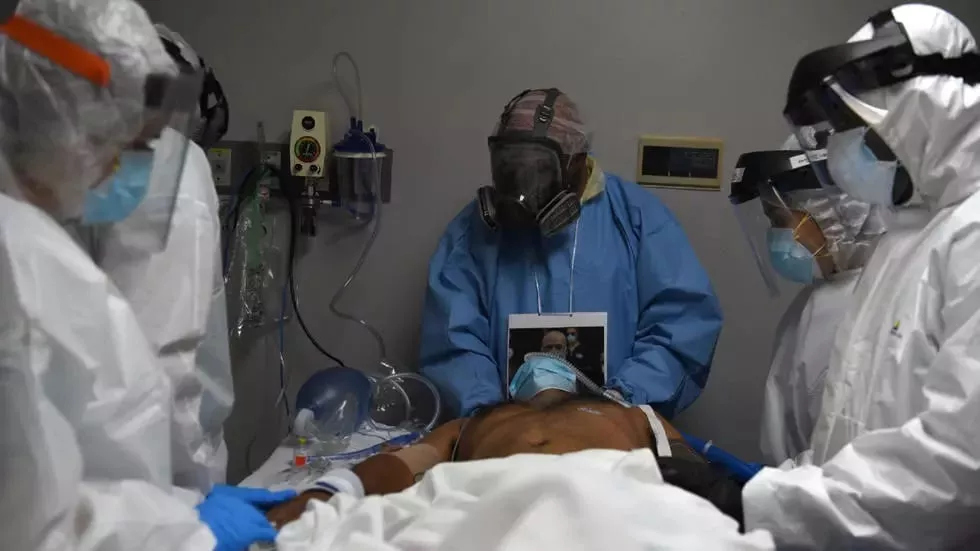WHO role lauded in Pak virus response
Dealing with outbreak would have been impossible without UN agency’s assistance, say local experts
PESHAWAR:With the national coronavirus tally ballooning over 226,868 cases and provincial count at 27,506 cases with no cure in sight, the government has been banking on the implementation of smart lockdown policies and SOPs to curb the spread of the virus. However, experts believe that in order to contain the threat the government should first and foremost focus its resources towards improving the country’s testing abilities, so the true extent of the virus could be gauged. Details suggest that given the lack of information on the novel coronavirus, Pakistan for the first few weeks of the outbreak was primarily reliant on thermal guns and symptom detection to trace suspected patients. It was later when the World Health Organisation (WHO) issued advisories stressing upon the need for mass testing, that Covid-19 tests were made available to the wider public. But despite the introduction of virus-testing, the facility has remained out of the reach of many in Pakistan given the lack of apparatus which had been a constant issue during the first few months of the outbreak.
Records suggest when the first confirmed case emerged in Pakistan in February of 2020, the country’s testing capacity was as low as 200 cases per day, which was increased substantially following the support of the World Heath Oranisation. According to official data, prior to WHO’s intervention, Pakistan conducted a total of 11,471 tests in March. However the capacity was increased to 61,801 tests within thirty days of the international organisation’s assistance. The increase in testing capacity meant that more and more people had access to virus screening and by 11 June, almost three months after the increase, the country had tested over 577,094 people for the virus. As per data available on government websites, so far in July over 10,027 people in Sindh, 7,196 in Punjab, 1,845 in K-P, 2327 in Islamabad, 325 in Baluchistan, 260 in AJK and 70 in Gilgit Baltistan have tested for Covid-19.
The lower numbers, which indicate a drop in testing capacity, have prompted WHO officials to warn that Pakistan needs to immediately improve its testing capacity in order to gauge the extent of the virus and thereby formulate an adequate response strategy. Speaking about WHO’s significance in aiding Pakistan’s response to Covid-19, Infectious disease expert Dr Iftikharuddin said that the organisation has gone to great extents to remedy the crisis in the country.
“From providing testing kits to upgrading labs, training staff and sharing its knowledge base, WHO has done it all in order to assist Pakistan in its fight against the novel coronavirus.” According to a senior health official privy to matters pertaining Covid-19 in Khyber Pakhtunkhwa, the country owes international donor organisations like WHO for their assistance in times of uncertainty. “This [Covid-19] was something new for the entire world and in absence of knowledge and dangerously low testing rates, situations have been much worse today had WHO not stepped in to help Pakistan,” the official told The Express Tribune.
“The United Nations related health organisation, started by identifying labs to be supported for Covid-19 testing, enhancing diagnostic capacity and providing technical support by developing a national guideline for carrying out Covid-19 tests. Later, it trained laboratory staff across the country in various aspects including the handling of samples, adding and prioritising risk groups and etc, which has helped the country a great deal,” he added.
Published in The Express Tribune, July 7th, 2020.


COMMENTS
Comments are moderated and generally will be posted if they are on-topic and not abusive.
For more information, please see our Comments FAQ